Masa Sprajcar Rancic - Feb 5 2021
Yvette on how to do better, not perfect
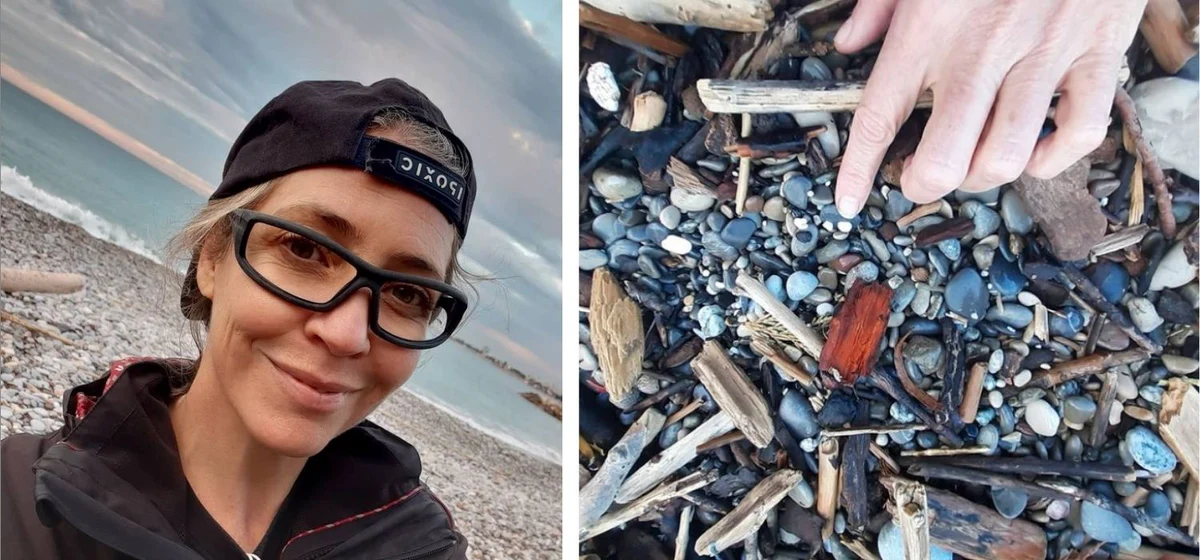
Ocean Heroes features stories of people from all around the world who deeply care about our nature, our health, and our planet's future. Down-to-earth people who decided to change the way they do laundry not because it's easier but because filtering microplastics is the right thing to do.
Yvette, an English teacher, is very passionate about the marine environment. As a scuba diver and free-diver, she spent two years living in Indonesia and couldn't help but notice that plastic was everywhere, including in the ocean. She shared with us her journey to a more sustainable life and her mindset of "doing better, not perfect" when it comes to stopping the plastic pollution. Read on for her story!
PlanetCare: Why have you decided to live sustainably?
Yvette: Nature, and especially the ocean, has always been important to me. I used to be a scuba instructor and would spend my days looking at fish and teaching others about the delicate marine ecosystem. I want to do my best to keep these environments safe from harm because they have given me so much joy over the years.
PlanetCare: What do you do to lower your environmental impact?
Yvette: I do everything, hahaha! From reducing the use of single-use plastic, only buying fair trade products, recycling, to refusing plastic straws, bringing reusable bags with me and more. My biggest problem was travel – now I try to let my book, “Wayan and the Turtle King” do the traveling instead of me.
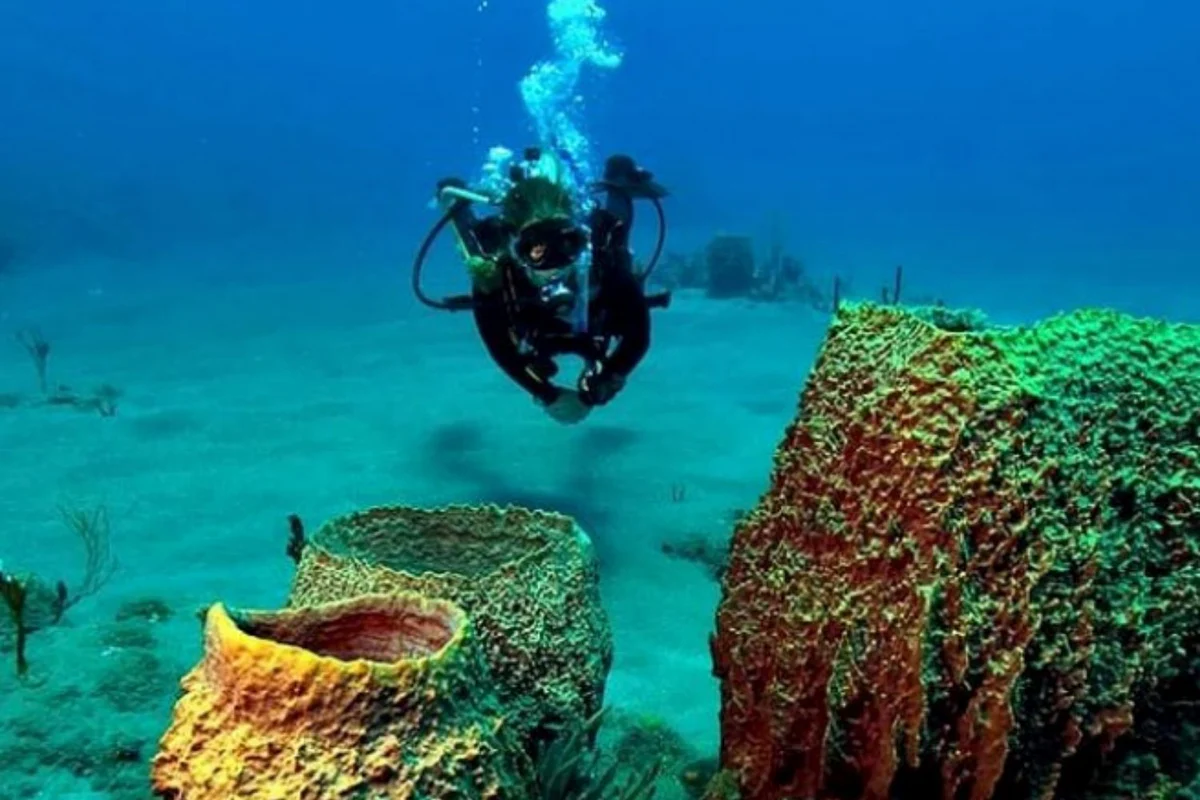
While living in Indonesia, she couldn't help but notice that plastic was everywhere, including in the ocean.
PlanetCare: How did you find out about the microplastic pollution problem?
Yvette: Back in 2015, I saw another free-diver, who is a marine biologist, wearing very cool tights with a whale-shark pattern on them. She told me they were made from recycled water bottles and I was super excited to buy myself a pair, because I thought that was a great thing to do — making clothes from water bottles. Back then, I was even teaching my students that this was a good thing.
Then, she told me something that changed my life. She said that the tights released microfibres into the sea, which had a negative impact on fish. I was shocked. Since then, I stopped telling people to buy recycled plastic clothing! I’ve been looking for a good solution to the issue ever since!
PlanetCare: What are you doing to stop it?
Yvette: Simply put, I feel a huge responsibility to limit my impact on the planet. I was aware of the other products on the market, but I had questions about their efficacy. When I read the stats about PlanetCare’s filter, and the closed loop system you operate, I didn’t have to think twice about making my first bundle purchase. It just made sense from all angles. I was glad that you are endorsed by the Plastic Soup Foundation, too.
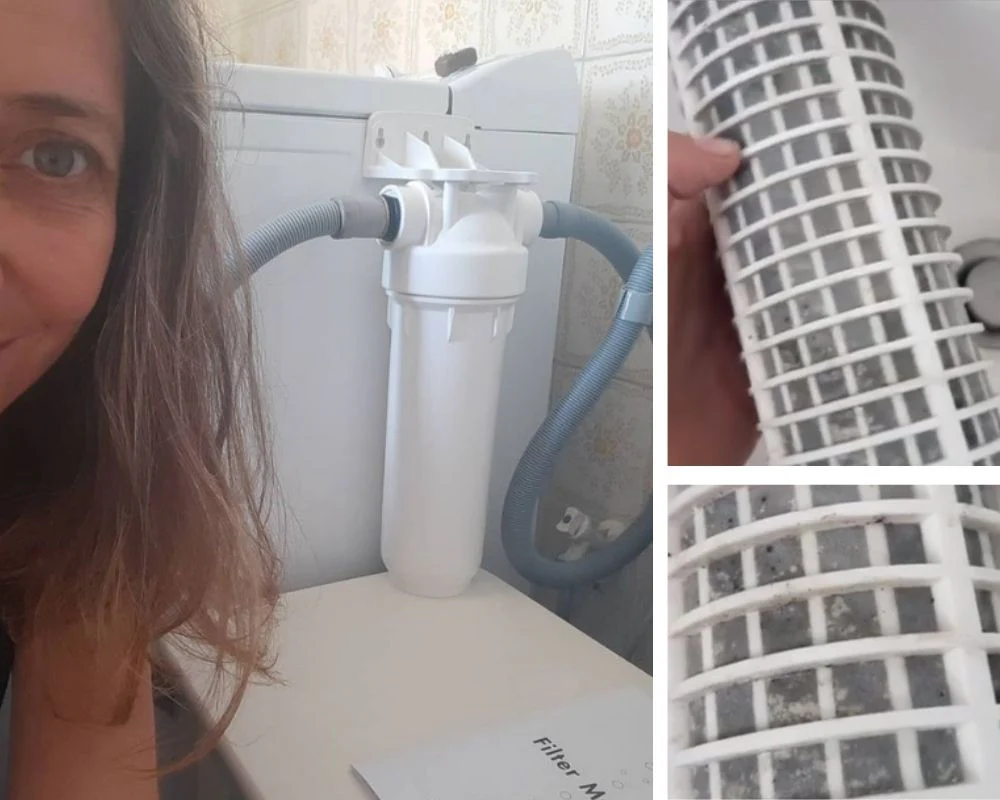
Yvette showing the sludge caught on her PlanetCare microfiber filter.
PlanetCare: How do you choose your clothes? What materials do you wear?
Yvette: I have a mix of fabrics, but I do a lot of sport, so I inevitably have stretchy, breathable plastic clothing in my wardrobe. I don’t buy a lot of clothes as a general rule and try to buy second hand as much as possible. I also fix my clothes and keep them until they cannot be worn anymore.
It wasn’t always like this: when I used to move countries every two years, I was quite bad at buying fast fashion and leaving things behind that didn’t fit into my suitcase.
My habits have become much better over the last four years!
PlanetCare: Besides using our filter, what else is in your sustainable laundry routine?
Yvette: I only buy cotton underwear now, and I recently learned how to darn socks (thanks YouTube!). I always wash at 30C, and everything has to dry outside or in front of the central heating when it’s on during the winter. I also use Castille soap, vinegar, and essential oil for washing my clothes.
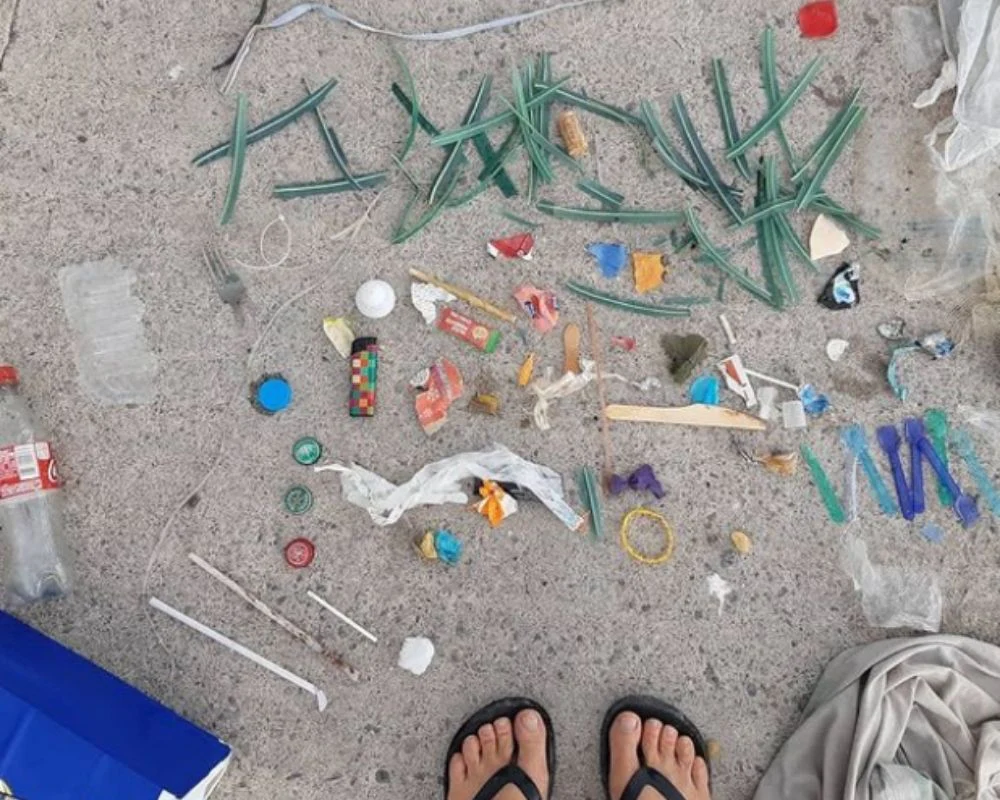
When she goes swimming or diving, Yvette always makes sure to clean the plastic off the beach.
PlanetCare: What's your advice for someone who is just starting to live sustainably?
Yvette: I guess you need to ask yourself where your biggest contribution to pollution is. Food waste, fast fashion, single-use plastic, travel?
You could also ask what bothers you the most to see: climate change, plastic pollution, cruelty to animals, air pollution?
Once you’ve thought about what matters to you and why, you can choose a habit to change, choose something to focus on. Just start with one thing, so you don’t feel overwhelmed.
It is very important to have a reason, a why, so that you can remind yourself when you are tempted.
We are very lucky to have access to a lot of information but try to get information from more than one place. Sometimes, Instagram is not a good place to get the truth, because influencers get paid to promote products that aren’t necessarily good for the planet.
It’s okay to make mistakes – it is all part of being human. It’s important to be kind to yourself in this journey of habit change, and to support others in their journey.
PlanetCare: Is there anything else you’d like to share?
Yvette: I just finished an online course created by UNEP and the Open University of the Netherlands called “MOOC on Marine Litter”. I would highly recommend doing this course if you are an adult. I’ve just submitted my final assignment and it’s been the best way to spend the winter lockdown!
Thank you for making your filters. It’s a great product.
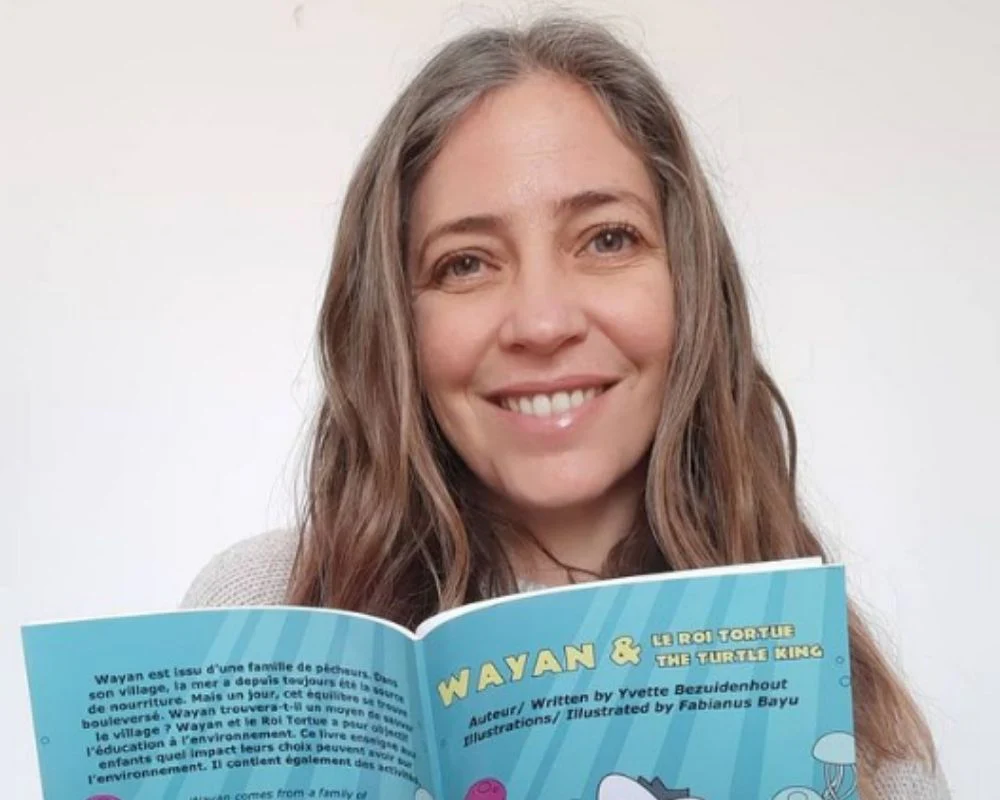
To inspire younger generations to live sustainably, Yvette wrote a children's book on plastic pollution.
Photo credit: Yvette B.
If you would like to introduce the topic of plastic pollution to a young reader between the ages of 6 and 10, please check out Yvette's book “Wayan and the Turtle King”. All profit goes back into printing and donating copies of the book to environmental NGOs, schools and libraries across the world.





@@bYzaT
1
����%2527%2522
1’"
555’||DBMS_PIPE.RECEIVE_MESSAGE(CHR||CHR||CHR,15)||’
555*DBMS_PIPE.RECEIVE_MESSAGE(CHR||CHR||CHR,15)